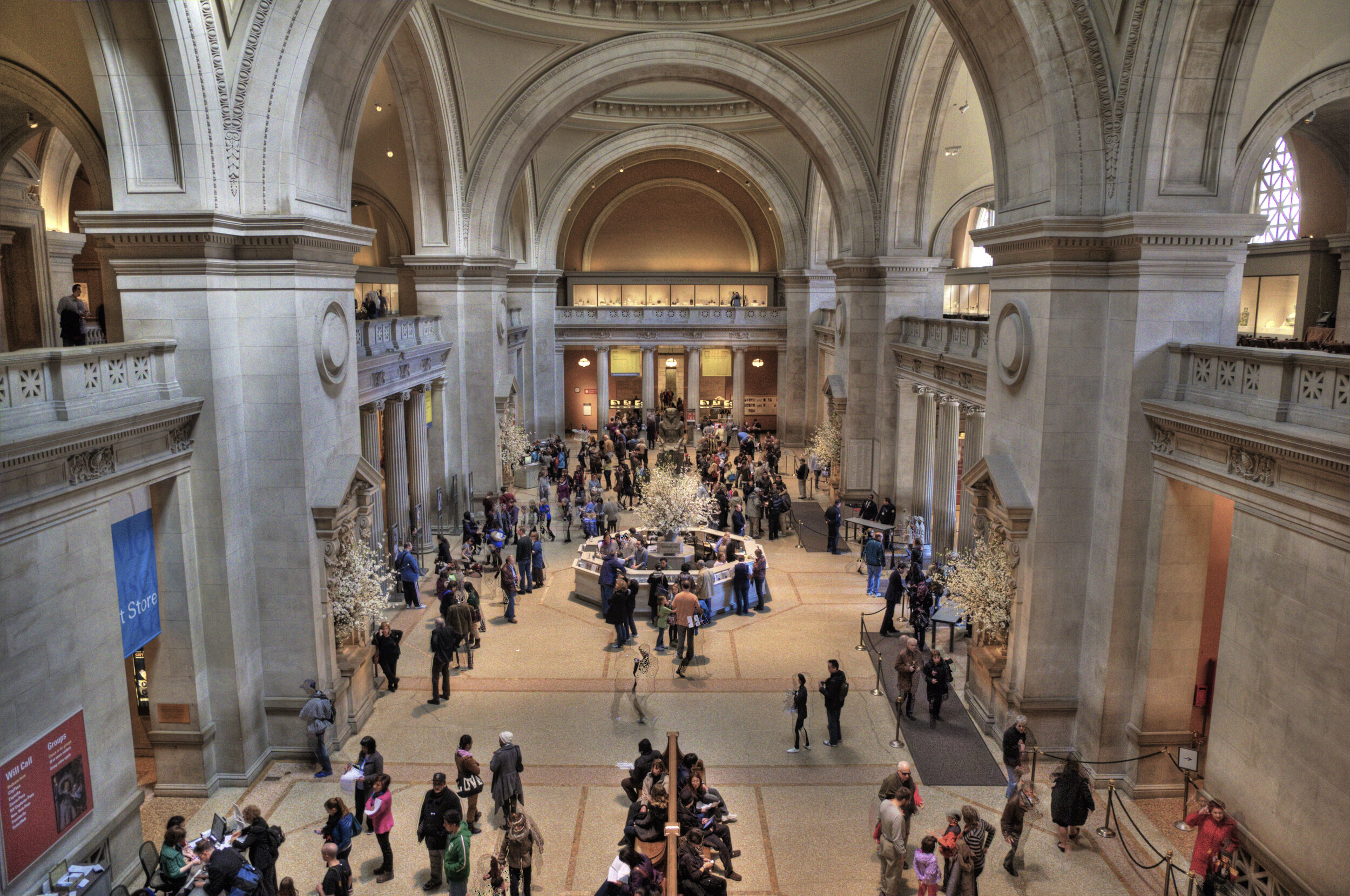Recently, The Museum of Modern Art director Glenn D. Lowry, a man I interviewed several times in my career as a cultural writer, announced that he will step down from his post after 30 years in September of 2025.
As much as his counterpart Philippe de Montebello at The Metropolitan Museum of Art, who left that post in 2008 after more than 30 years as its longest-serving director, Lowry really shaped the New York City cultural scene at the twilight of the 20th century and the dawn of the 21st. He could’ve stayed on.
But he told The New York Times: “I didn’t want to be the person who stayed too long.”
In that, however, Lowry is a rare bird.
Read more...
Read More“So, how was the city?” my hairdresser asked.
I was telling her how my cousin who is also my goddaughter had graciously offered to take me on an impromptu adventure last Saturday evening to The Metropolitan Museum of Art in Manhattan for The Costume Institute’s “In America: A Lexicon of Fashion,” which she, a fashionista by vocation and avocation, was longing to see.
How was the city? Something of a foreign country, but then, as Ric Burns’ “New York: A Documentary Film” (1999-2003) noted, it has always been a place that looked outward to the world rather than to the rest of the nation, particularly to Europe. That internationalism cost it dearly a year ago as the pandemic spread from European visitors throughout the city, where 34,000 people died and thousands more fled.
Read more…
Read More“What a week,” Robert Costa, moderator of PBS’ “Washington Week,” sometimes begins his broadcast. But really, he could just say that every week. Another mass shooting. Another celebrity – or 10 – accused of sexual harassment. Puerto Rico still mainly without power. It’s sort of like an evil “Groundhog Day.” ...
Read more
Read MoreWell, in a week in which President Donald J. Trump decertified the Iran nuclear deal, eliminated subsidies for insurance companies that underwrite poorer Obamacare enrollees and warned Puerto Rico that the federal government can’t buck it up forever, the American withdrawal from UNESCO may seem like small potatoes. But as a longtime cultural writer I noted it with a heavy heart.
As with these other issues, the United Nations Educational, Scientific and Cultural Organization is more complex than it seems. The U.S. helped found it after World War II, but in recent decades has had an off-and-on again relationship with the organization, which is well-known for its significant World Heritage Sites list. ...
Read more
Read MoreYears ago, I worked with a woman who was a very good writer. I remember one piece in particular, a column about a woman dying on the streets of Manhattan attended by strangers who belied the image of the cold-hearted New Yorker. It was a terrific piece of writing and I told this colleague as much. She snorted and shot me a look that suggested that and $1 would get her a cup of coffee. I took no offense. Her defining quality was a bitter frustration that stemmed from her being the mistress of one of the company’s higher-ups. Ironically, though her situation had gotten her foot in the door, it had also locked her into a clerical job for fear of the appearance of favoritism that the staff writing job she coveted would’ve surely provoked.
Apart from the clerical job, all her sleeping her way to the middle had really earned her was the contempt and merciless gossip of the women she worked with. I being a newbie and of a different temperament didn’t hate her. But I pitied her, which was perhaps far worse. ...
Read more
Read MoreThe resignation – some would say, forced resignation – of Thomas P. Campbell as director and CEO of the debt-ridden Metropolitan Museum of Art can only sadden those of us who favor this beloved institution and know its scholarly leader even casually.
Sadden but not surprised. When Campbell became director in 2008, I thought he was an exhilarating choice, because he was a curator and not a manager. And I thought he was an odd choice, because, well, he was a curator and not a manager. Those mixed feelings turned out to be prescient. ...
Read more
Read MoreIn WAG’s June “Celebrating the Globe” issue, I wrote about my passion – OK, some would say my obsession – with all things ancient Greek, particularly Alexander the Great, the Greco-Macedonian king whose conquest of the Persian Empire in 331 B.C. when he was in his mid-20s would lead to the dissemination of Greek culture in the East, underscoring a cultural cross-pollination and political tension that are still with us today.
Recently, The Metropolitan Museum of Art in Manhattan explored these themes in its blockbuster exhibit “Pergamon and the Hellenistic Kingdoms of the Ancient World,” which I also wrote about in our June issue and which featured a kind of greatest hits of the Hellenistic (post-classical Greek) world. ...
Read more
Read More
